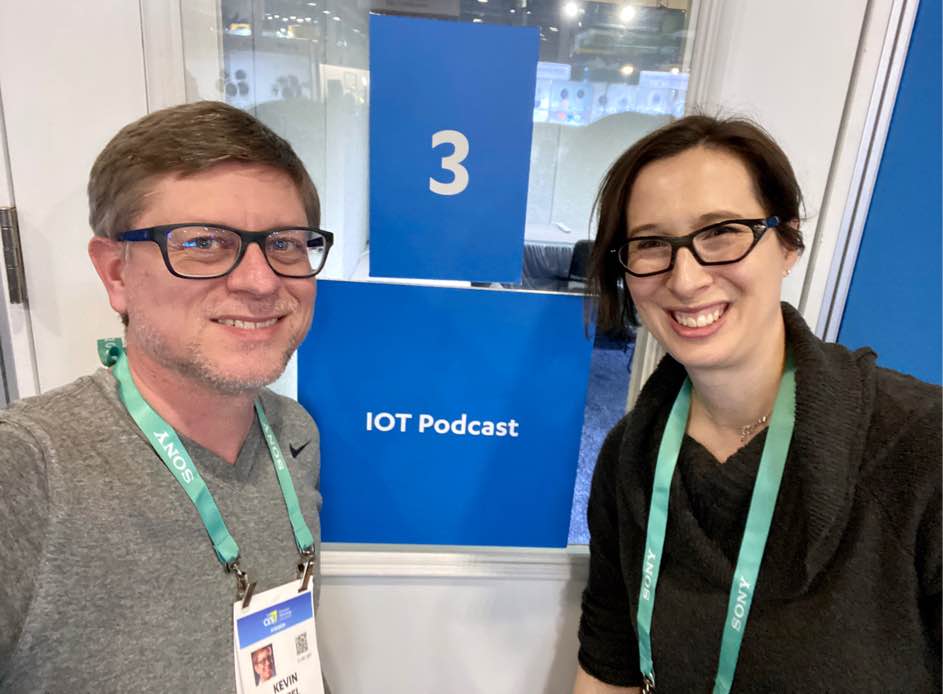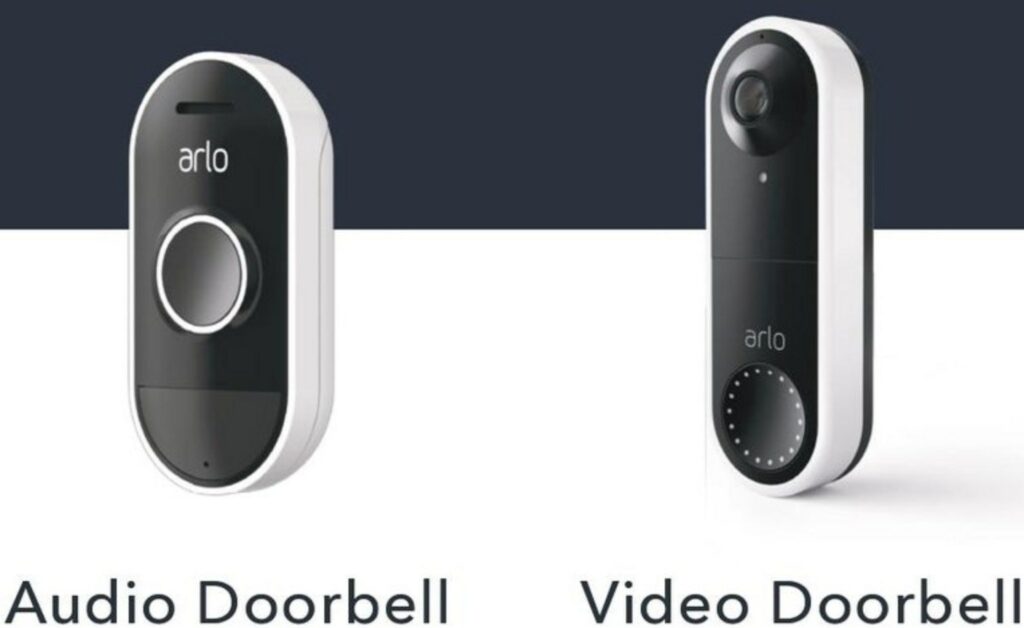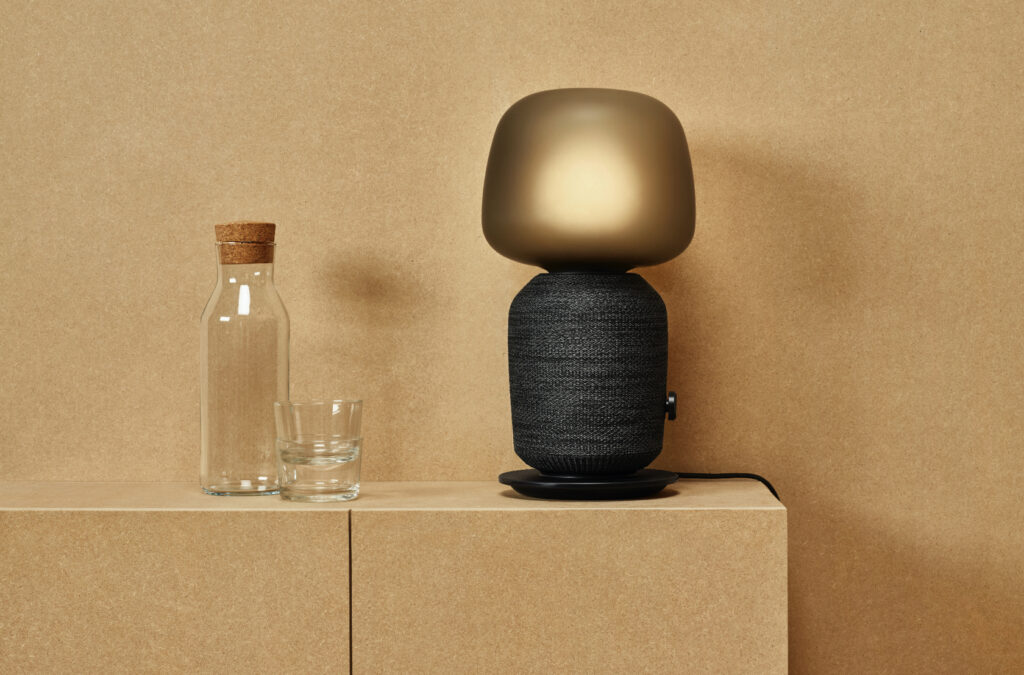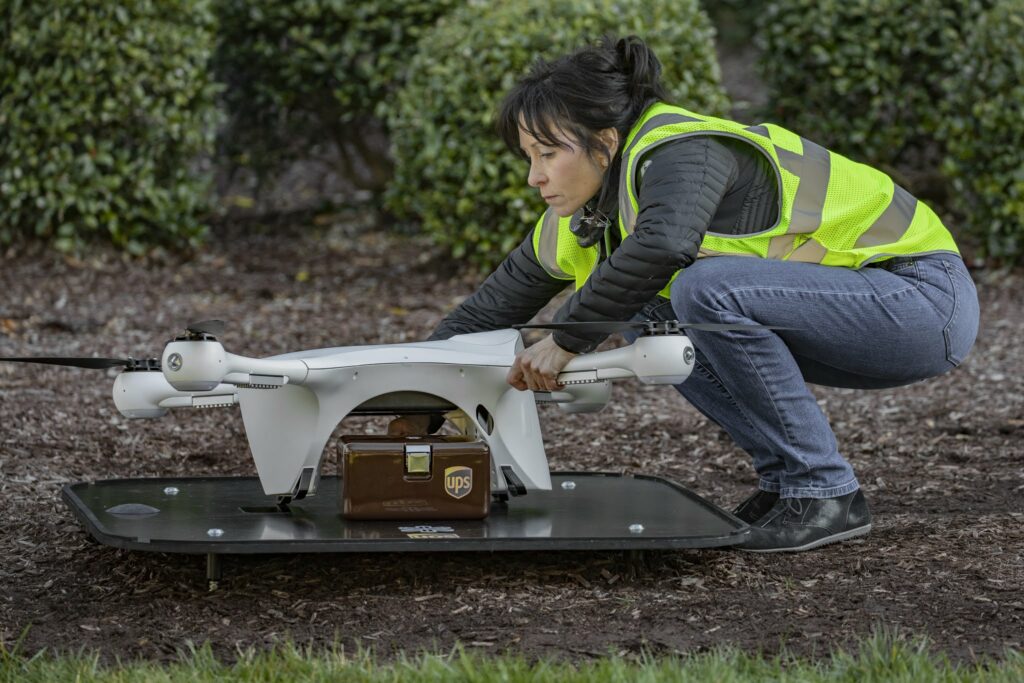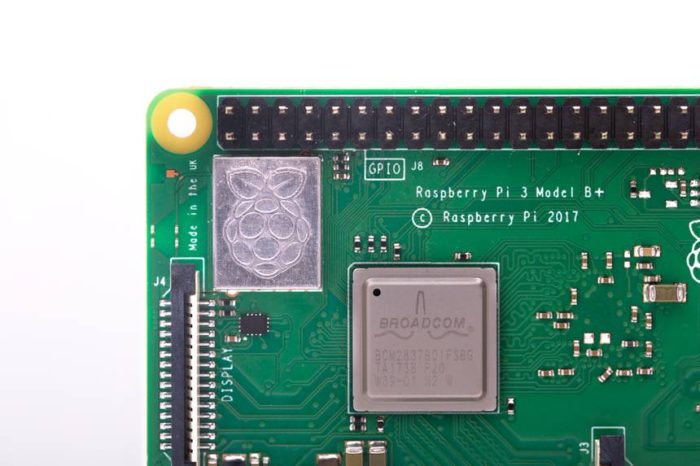On this week’s show, privacy was a big theme beginning with our conversation about Ring’s sharing of certain user data with third-party tracking sites, a plea from 40 organizations for the U.S. to stop using facial recognition technology, and a new way to think about smart cities. Kevin and I also discussed proposed device security rules for the U.K. and security challenges associated with LoRaWAN networks. We touched upon new water sensors for HomeKit homes, Ciscos’s new security service for industrial IoT, another satellite network for IoT, and Verizon’s deal to put 4G modems on Honeywell’s smart meters. Kevin also found a ring that doubles as an activity tracker. In this week’s IoT Podcast Hotline, we answer a question about how to build a smart home that works for visitors.

My guest this week is Dan Bridleman, a senior vice president with KB Home. As a home builder, KB Home has started to integrate some smart devices into their portfolio. Bridleman explains what those options are and how KB plans to support (or offload the support) of a smart home. He also shares what he’s excited about in the home sector and why newer technologies could do away with expensive home infrastructure like copper wiring to switches.
Hosts: Stacey Higginbotham and Kevin Tofel
Guest: Dan Bridleman, a senior vice president with KB Home
Sponsors: MachineQ and IoT World
- Ring is bad, but it’s hardly the only offender
- Smart cities are the opposite of a smart home
- The U.K. may mandate a device expiration date!
- No one comes in wanting a smart home
- New tech could replace a lot of expensive home wiring
Podcast: Play in new window | Download | Embed
Subscribe: RSS


